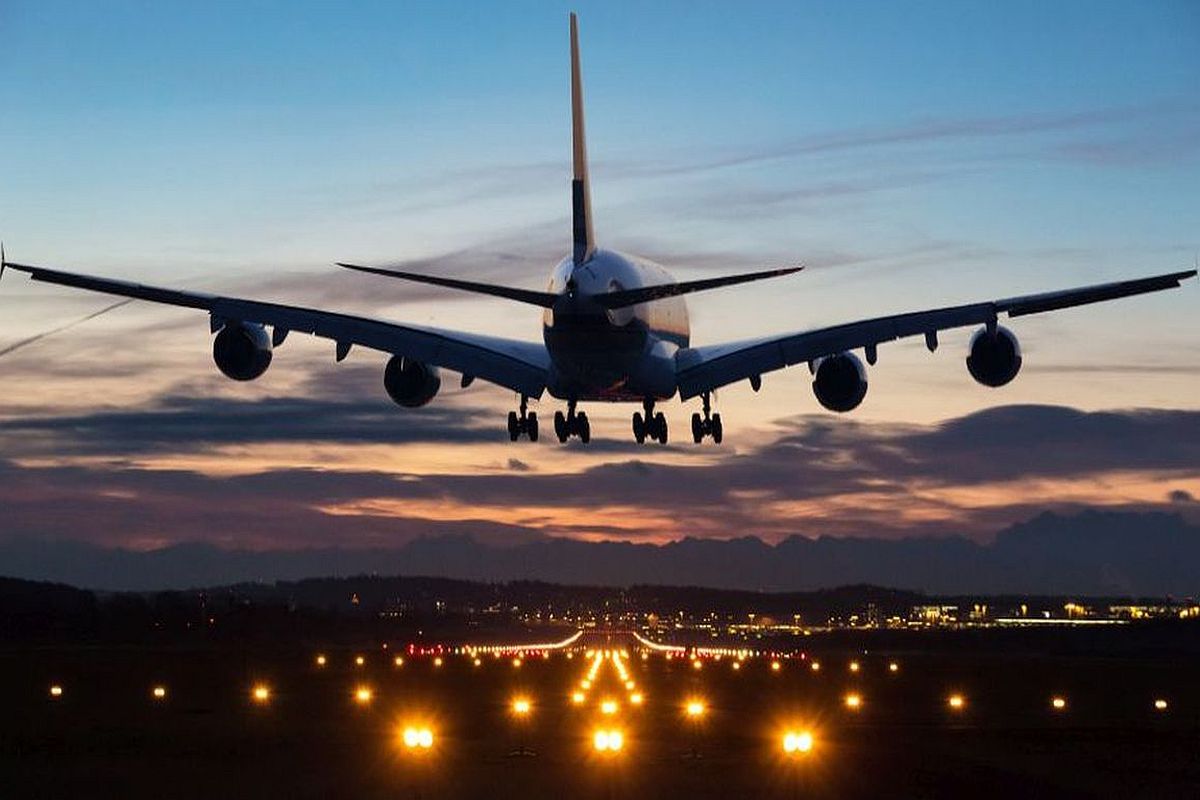Hours after its decision to downgrade diplomatic relations with India in the wake of abrogation of Article 370 in Jammu and Kashmir, Pakistan has closed its airspace partially.
According to a report in India Today, three out of 11 routes between India and Pakistan have been closed.
Advertisement
However, according to national carrier Air India, its westbound operations will not be impacted much by Pakistan’s decision to partially close its airspace.
“One air corridor has been closed requiring a maximum of 12 minutes diversion. Not really affecting us,” the flag carrier said late on Wednesday.
Meanwhile, the aviation security agency Bureau of Civil Aviation Security (BCAS) has asked all airports to step up security in the wake of the recent developments in Jammu and Kashmir.
The closing of Pakistan airspace came after Islamabad on Wednesday expelled Indian High Commissioner Ajay Bisaria and suspended trade with India over the revocation of Article 370 in Jammu and Kashmir.
The decision was taken at a meeting of National Security Committee (NSC) – the second within a week – presided over by Prime Minister Imran Khan to review the situation following the Indian government’s move on Kashmir.
The Pakistan government has termed India’s move as “unilateral and illegal”.
As per the Pakistan National Security Council decision, the government has decided to downgrade diplomatic relations with India, suspend bilateral trade with New Delhi, review bilateral arrangements, take up Kashmir matter with the UN and observe August 14 in solidarity with brave Kashmiris.
This was the second session of the National Security Committee (NSC) within a week after the Indian government’s move to scrap special status to Jammu and Kashmir.
Meanwhile, Pakistan Civil Aviation Authority (PCAA) has made changes in the aerial routes for all airlines specifically for the Lahore region and also increased the minimum limit of flights’ altitude. Foreign aircraft will not be permitted to fly below 46,000-feet altitude in Lahore region.
Flights from Afghanistan have been instructed to take alternative routes by PCAA.
Pakistan had only last month opened its airspace for all civilian traffic, removing the ban on Indian flights that were not allowed to use a majority of its airspace since the Balakot airstrikes in February.
Air India was the major victim as several international flights to and from India were affected since the Indian Air Force (IAF) strikes on a Jaish-e-Mohammed (JeM) terror camp in Balakot on February 26.
Flights from across the world were either cancelled or rerouted, since the closure was announced on February 27. Pakistan partially opened its airspace, only for the flights bound for the country.
Earlier in June, Pakistan had decided in principle to let Prime Minister Narendra Modi fly over its airspace to Bishkek for the SCO Summit.
According to reports, India had requested Pakistan to allow the use of their airspace for PM Modi’s special flight.
However, in a change of plan, India chose to avoid Pakistan’s airspace and charted the PM’s flight via Oman, Iran and Central Asian countries.











